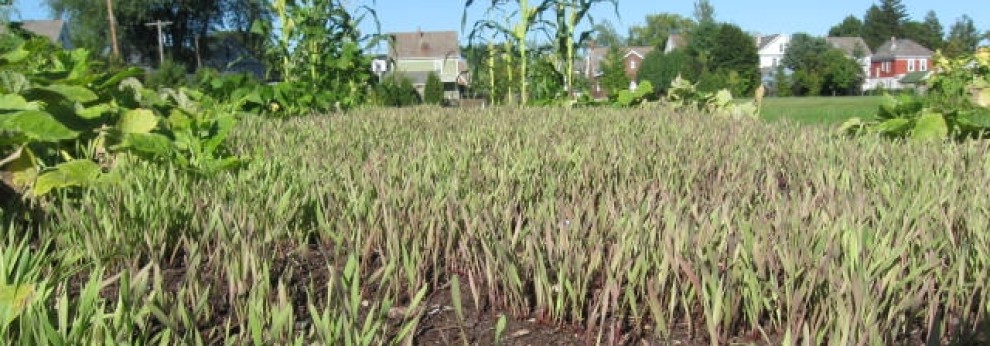 Why do we talk so much about getting kids outdoors, in January when it’s freezing and in July when it’s broiling, when we know it is such a big challenge for their teachers? And so many of the kids aren’t eager either? Here is an earlier take on the subject. And another. And another.
Why do we talk so much about getting kids outdoors, in January when it’s freezing and in July when it’s broiling, when we know it is such a big challenge for their teachers? And so many of the kids aren’t eager either? Here is an earlier take on the subject. And another. And another.
And here is more: Scholars at the University of Exeter in England note in a Scientific Reports article published last year that researchers have found correlations between contact with nature and “lower probabilities of cardiovascular disease, obesity, diabetes, asthma hospitalization, mental distress, and ultimately mortality, among adults; and lower risks of obesity and myopia in children.”
And here’s a great piece about the research by Earthwiseradio.org.
So, given the steep decline in contact with nature that Richard Louv documents so thoroughly in his landmark book Last Child in the Woods maybe it’s high time for educators to stand up and be counted among those saying the lives of our students, their health and their wellbeing, are at stake.
The University of Exeter researchers say in Spending at least 120 minutes a week in nature is associated with good health and wellbeing that the benefits of exposure to nature kick in when that exposure reaches about two hours a week and peak at five or six hours a week. Thus, talking about this just seems like the responsible thing to do. Really, it’s hard to imagine how we will raise standards, the mantra of self-respecting education policy makers, without schools building into their practices measures that researchers link to mental health, resilience, persistence and focus.
Getting kids outdoors is also a matter of equity in a community where academic performance of disadvantaged kids trails so far behind that of kids growing up with socio-economic advantage. University of Illinois and University of Michigan scholars, offer the most concrete answer to the questions posed at the top of this post.
“It is time to take nature seriously,” they write in Frontiers in Psychology, “as a resource for learning and development. It is time to bring nature and nature-based pedagogy into formal education – to expand existing, isolated efforts into increasingly mainstream practices.”
–Bill Stoneman


